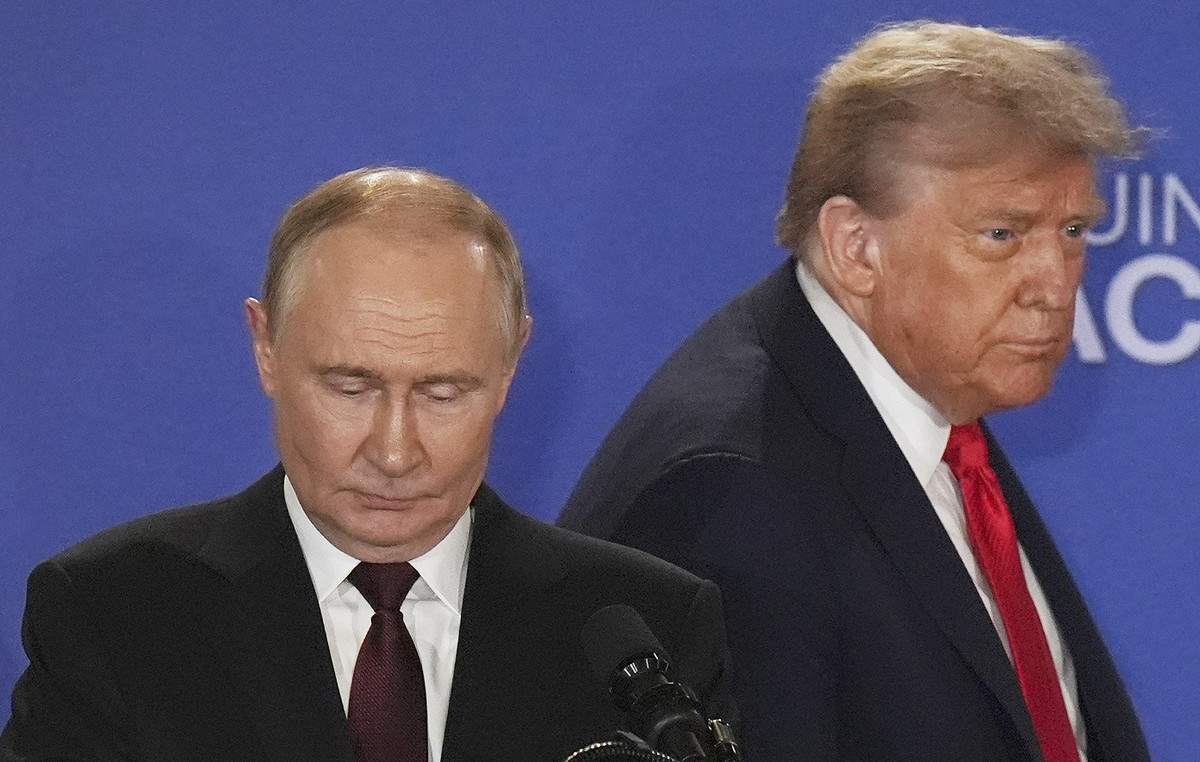In the rush to give a public response to the mega-adjustment of fuels applied by Petrobras, the federal government left a gap in the legislation that could cost billions of reais to the public coffers.
The economy ministry is racing against time to correct an error in the legislation that exempted fuel in the country. The bill was hastily approved in the Chamber of Deputies on March 11, a Friday.
It was Congress’ response to the mega-adjustment announced by Petrobras to offset the impacts of the war in Ukraine.
The new law went straight to the sanction of President Jair Bolsonaro. It was after 11 pm when it was published in an extra edition of the Official Gazette. But the rush took its toll.
Federal revenue technicians noticed the problems the following week, according to internal e-mails from the agency to which the investigative nucleus of the CNN had access.
On the afternoon of Monday, March 14th, a revenue server communicated to colleagues “dear, we need to prepare a provisional measure amending the final part of article 9 to give a restricted interpretation to that provision”. Article 9 was included at the request of the Ministry of Economy itself.
The bill dealt with the change in the ICMS calculation for fuels, but this specific article zeros the rate of two federal taxes – Pis and Cofins – on diesel and cooking gas.
The account reaches R$ 16.6 billion for the public coffers.
The measure was a pleasure for one of Bolsonaro’s most important electoral bases: truck drivers. It is an attempt to reduce the impact of the diesel boom on product freight and inflation.
Final excerpt of article 9
The text says that “the rates of Pis and Cofins are reduced to zero until December 31, 2022, guaranteed to legal entities in the chain, including the final acquirer, the maintenance of linked credits.
Until the approval of the new law, Pis and Cofins on the sale of diesel were charged only at the refinery, which passed on the costs.
Distributors and gas stations could not obtain credit in this operation. They only generated compensation for indirect expenses such as electricity or rent. The Pis/Cofins credit is made through discounts on the payment of other federal taxes.
With the new rules, the refineries also stopped paying Pis and Cofins, but the legislation started to allow the compensation of any type of credit, including the sale of fuel.
In other words, to respond to public opinion for the rise in fuel prices, the government opened a loophole for taxpayers to credit themselves with a tax that was not even paid. Which can generate a tax dispute of billions of reais.
The Federal Revenue itself admits the problem in the draft of a provisional measure that is being studied to resolve the imbroglio. THE CNN also had access to the document: “the maintenance of article 9 could bring legal uncertainty to its application and lead to the judicialization of the credit issue, based on the interpretation that the final purchaser of the fuel, even with the rates of Pis and Cofins reduced to zero, could take credit for these acquisitions”.
It is up to the President of the Republic to sanction, promulgate and have the laws published or veto them. This is a function of the Presidency of the Republic. When not exercising, the Federal Revenue makes an alert, this generates the need to issue a new rule and while that doesn’t happen, that law is valid with this wording. Taxpayers who understand that they are entitled could take this matter to the Judiciary.
Sought, the Internal Revenue Service informed that it does not comment on matters subject to presidential sanction or veto. The National Federation of Fuel Distributors said that there is no loophole in the law for distributors or service stations, as they are not entitled to credit. The credit mentioned in the law refers to the final consumer who uses diesel as an input for economic activity. The Ministry of Economy and Civil House did not comment.
Source: CNN Brasil
I am Sophia william, author of World Stock Market. I have a degree in journalism from the University of Missouri and I have worked as a reporter for several news websites. I have a passion for writing and informing people about the latest news and events happening in the world. I strive to be accurate and unbiased in my reporting, and I hope to provide readers with valuable information that they can use to make informed decisions.







